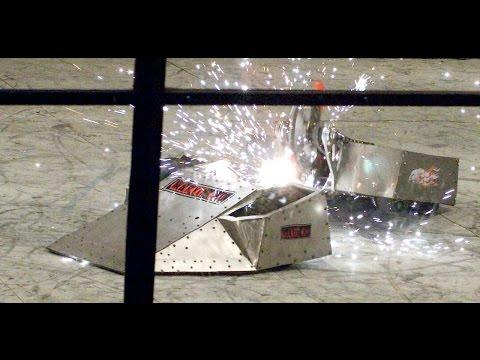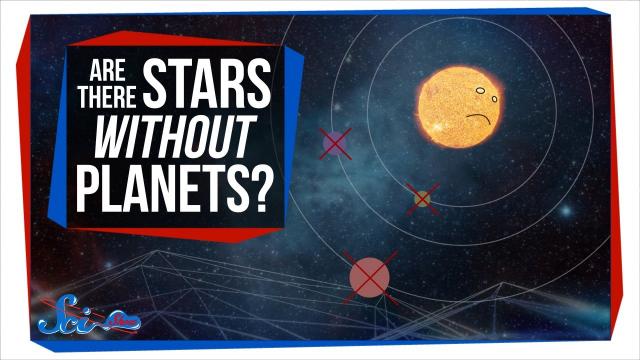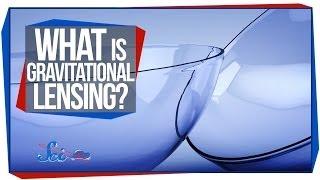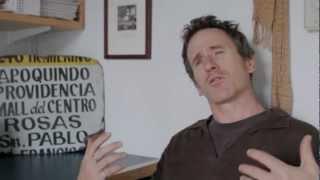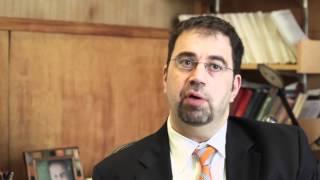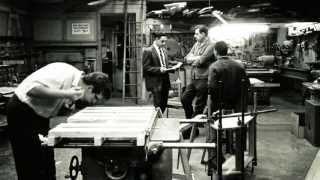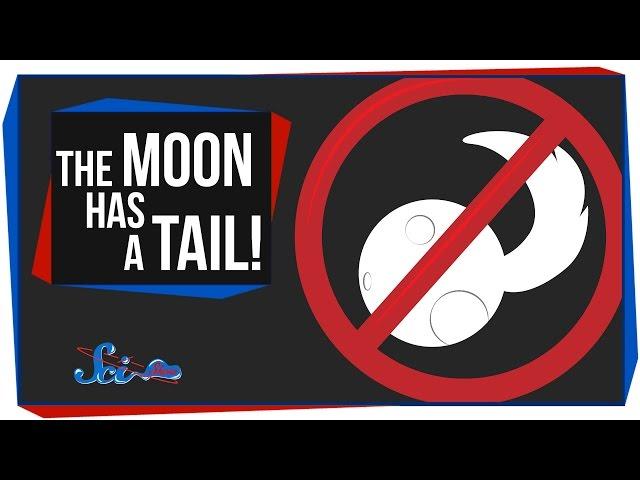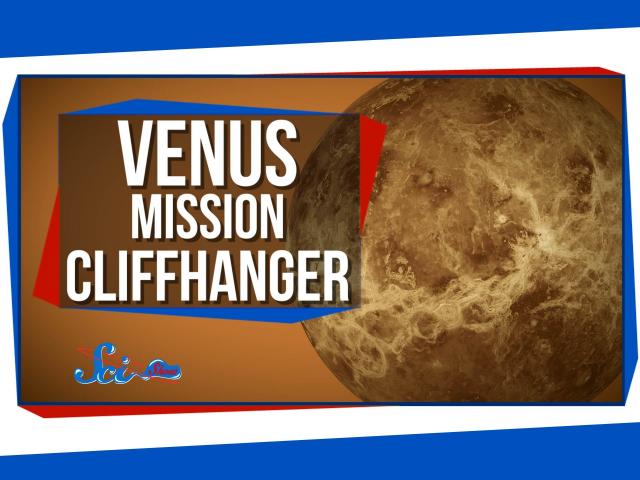Time Travel, Teleportation & Science
Time travel is the concept of moving between different points in time in a manner analogous to moving between different points in space, generally using a theoretical invention, namely a time machine. It has a commonly recognized place in philosophy and fiction, but has a very limited application in real world physics, such as in quantum mechanics or wormholes.
Although the 1895 novel The Time Machine by H. G. Wells was instrumental in moving the concept of time travel to the forefront of the public imagination, The Clock That Went Backward by Edward Page Mitchell was published in 1881 and involves a clock that allowed three men to travel backwards in time.[1][2] Non-technological forms of time travel had appeared in a number of earlier stories such as Charles Dickens' A Christmas Carol. Historically, the concept dates back to the early mythologies of Hinduism (such as the Mahabharata), Buddhism, and Islam through ancient folk tales. More recently, with advancing technology and a greater scientific understanding of the universe, the plausibility of time travel has been explored in greater detail by science fiction writers, philosophers, and physicists.
Teleportation, or Teletransportation, is the theoretical transfer of matter or energy from one point to another without traversing the physical space between them. It has a commonly recognized place in science fiction literature, film, and television, but as yet has a very limited application in real world physics, such as quantum teleportation or the study of wormholes.
Science (from Latin scientia, meaning "knowledge") is a systematic enterprise that builds and organizes knowledge in the form of testable explanations and predictions about the universe. In an older and closely related meaning, "science" also refers to a body of knowledge itself, of the type that can be rationally explained and reliably applied. A practitioner of science is known as a scientist.
In modern usage, "science" most often refers to a way of pursuing knowledge, not only the knowledge itself. It is also often restricted to those branches of study that seek to explain the phenomena of the material universe.
Source : Wikipedia
-
02:12

Marine shells may help develop responsive, transparent displays
Added 668 Views / 0 LikesMarine shells may help develop responsive, transparent displays
-
04:45
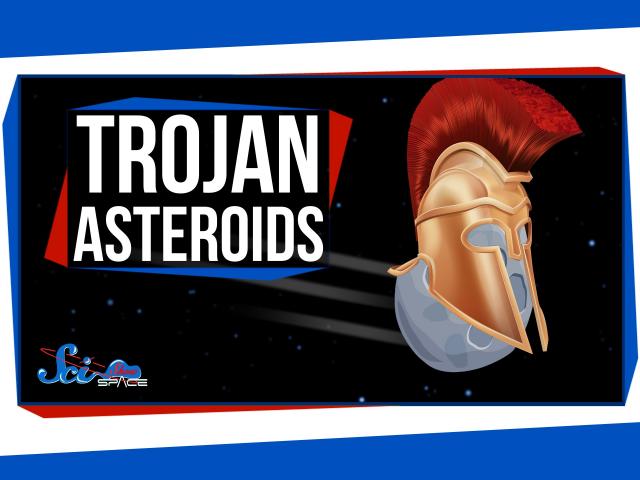
Trojan Asteroids: Jupiter's Prisoners
Added 668 Views / 0 LikesTrojan Asteroids: Jupiter's Prisoners
-
03:21
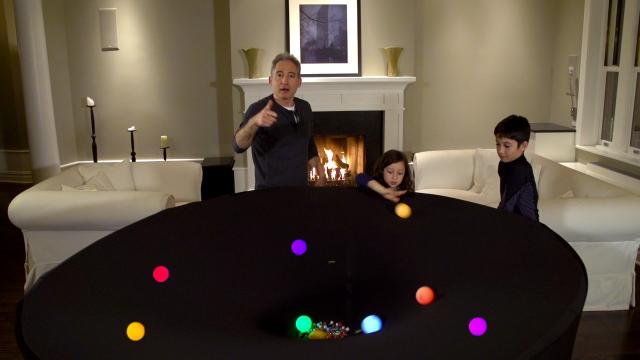
Brian Greene Explores General Relativity in His Living Room
Added 667 Views / 0 LikesBrian Greene Explores General Relativity in His Living Room
-
04:22
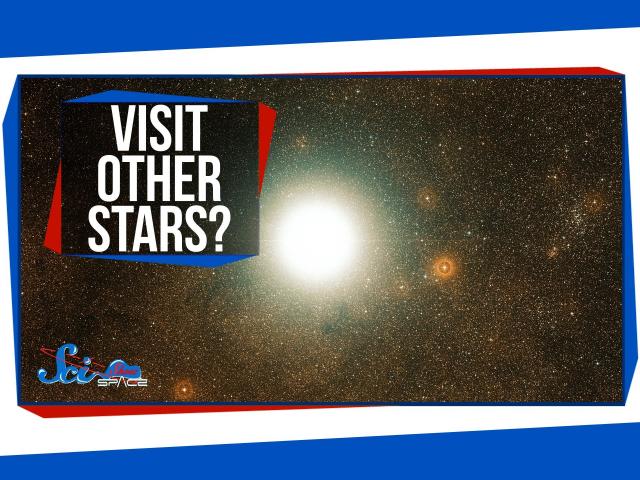
Could We Really Visit Other Stars?
Added 665 Views / 0 LikesCould We Really Visit Other Stars?
-
00:31
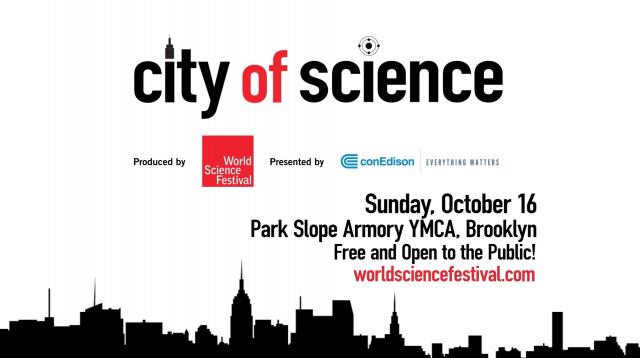
City of Science - Oct. 16th - Park Slope Armory
Added 665 Views / 0 LikesCity of Science - Oct. 16th - Park Slope Armory
-
03:20
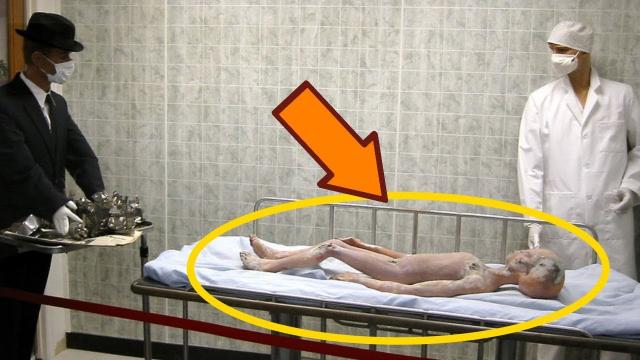
5 Places You Are NOT Allowed to Visit
Added 665 Views / 0 LikesFrom secretive military bunkers to the mysterious meeting place of powerful people, this video takes a look at the top 5 places you are not allowed to visit. Take a good look in this video, because in real life, there is little chance of ever visiting the
-
05:16

10 Great Mobile Apps!! -- App All Knight #22
Added 665 Views / 0 LikesMy personal channel: http://youtube.com/jakerawrPhone background: http://ollymoss.com/#/star-wars-trilogy/***Click "SHOW MORE" for links to the apps***Goat Simulator ($4.99)iOS: https://itunes.apple.com/us/app/goat-simulator/id868692227?mt=8Android: https
-
04:34
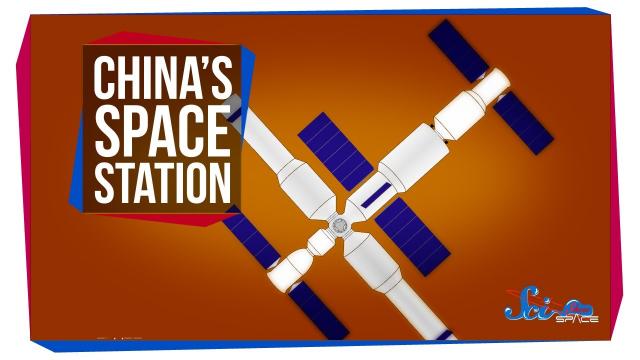
China's Almost Ready to Build Their Space Station
Added 664 Views / 0 LikesChina's Almost Ready to Build Their Space Station
-
00:31
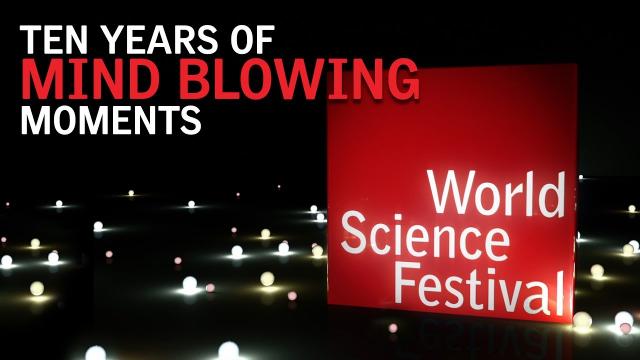
2017 World Science Festival: May 31 - June 4 in New York City
Added 664 Views / 1 Likes2017 World Science Festival: May 31 - June 4 in New York City
-
04:56
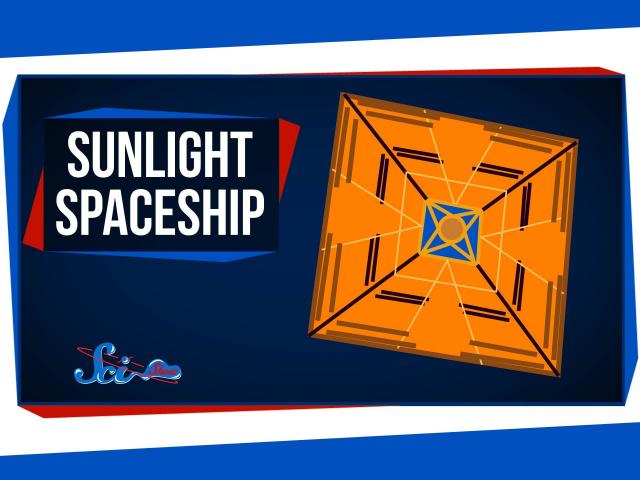
Using Sunlight to Propel Spaceships
Added 663 Views / 0 LikesUsing Sunlight to Propel Spaceships
-
02:29
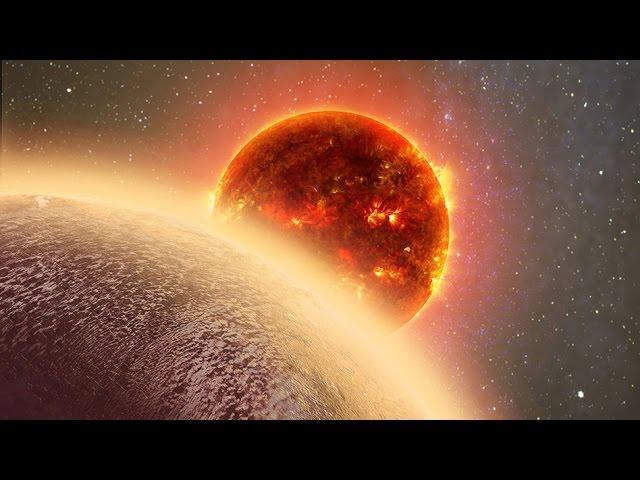
New Earth-like exoplanet discovered
Added 663 Views / 0 LikesNew Earth-like exoplanet discovered

